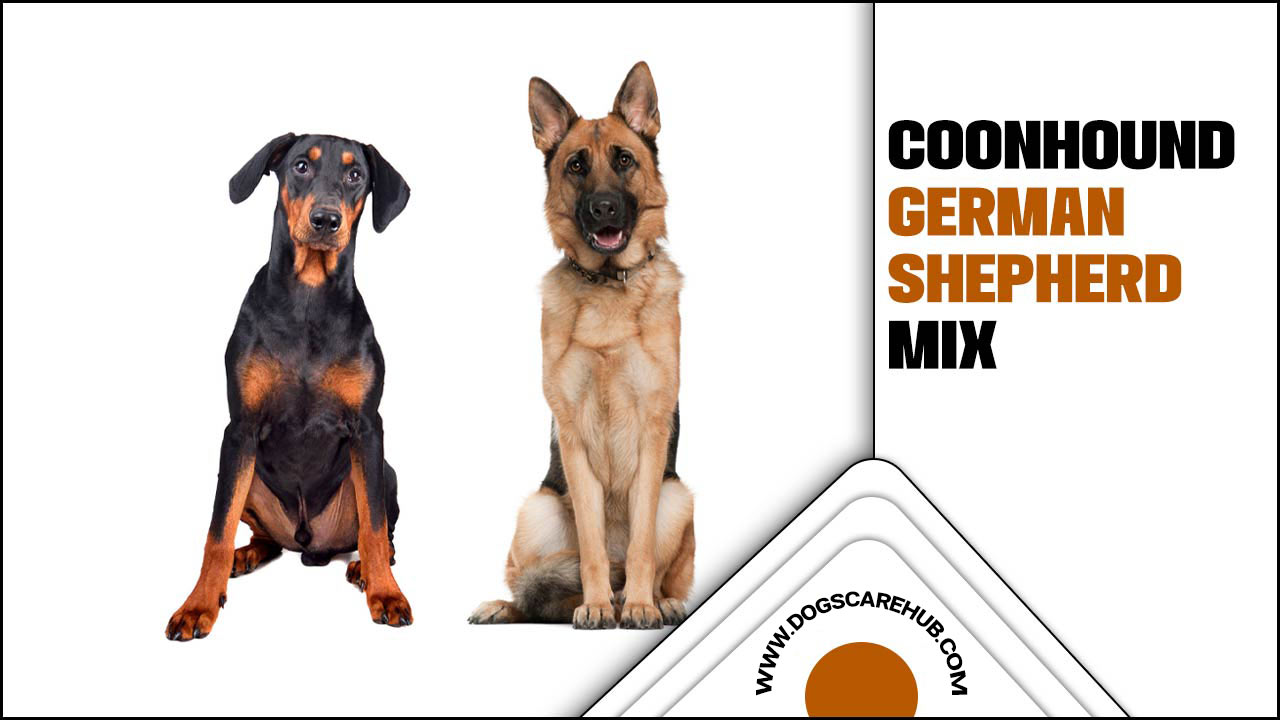Easy Dog Food Brands for Small Breeds: Nourishing Your Little Companion
When it comes to finding the right nourishment for our pint-sized canine companions, “easy dog food brands for small breeds” are often at the top of every discerning owner’s list. The needs of small dogs differ significantly from their larger counterparts. Their smaller jaws, faster metabolisms, and sometimes more sensitive digestive systems require carefully formulated diets. Choosing an easy-to-digest, nutrient-dense food is not just a matter of convenience; it’s about ensuring your furry friend thrives, maintains a healthy weight, has a shiny coat, and enjoys a long, vibrant life.
The market is flooded with options, which can make the selection process feel overwhelming. However, by understanding what makes a dog food suitable for small breeds and knowing which brands consistently meet these criteria, you can make an informed decision with confidence. This guide aims to demystify the process, highlighting key features to look for and recommending some of the top brands that simplify the task of feeding your small dog the best.
Understanding the Unique Needs of Small Breed Dogs
Small breed dogs, often defined as those weighing under 20-25 pounds when fully grown, have distinct physiological characteristics that necessitate specialized nutrition. Their miniature stature means they often have smaller stomachs, requiring more frequent, smaller meals. Their rapid metabolism means they burn calories more quickly, demanding a higher energy density in their food compared to larger breeds. Furthermore, their delicate digestive tracts can be more susceptible to sensitivities and GI upset, making highly digestible ingredients crucial.
Dental health is another significant consideration for small breeds. Their smaller mouths are prone to overcrowding, increasing the risk of plaque buildup, tartar, and periodontal disease. Kibble size and texture play a vital role here. Foods with smaller kibble pieces are easier for them to chew, and certain formulations can even help scrape plaque away. The ingredients themselves should also promote oral health.
What Makes a Dog Food “Easy” for Small Breeds?
The term “easy” in the context of dog food for small breeds refers to several factors that simplify feeding and optimize digestion and overall well-being.
Digestibility: High-quality, easily digestible protein sources (like deboned chicken, lamb, or fish) are paramount. Avoid fillers like excessive corn, wheat, or soy, which can be harder for some dogs to process. Prebiotics and probiotics also contribute to a healthy gut flora, aiding digestion.
Nutrient Density: Because small breeds have faster metabolisms, their food needs to pack more nutritional punch. This means higher levels of protein, fats, vitamins, and minerals per calorie. Look for foods formulated with appropriate levels of antioxidants, omega-3 and omega-6 fatty acids for coat and skin health, and glucosamine and chondroitin for joint support, which can be particularly important as they age.
Kibble Size and Shape: As mentioned, smaller kibble is easier for small dogs to chew and swallow. Irregular shapes can also encourage more chewing, which is beneficial for dental hygiene. Some brands offer specifically designed kibble textures and sizes for small breed mouths.
Ingredient Quality: Focusing on whole, recognizable ingredients ensures your dog is getting the best possible nutrition without unnecessary artificial additives, colors, or preservatives.
* Formulation for Life Stages: Small breed puppies have different needs than adult or senior dogs. Opting for brands that offer formulas tailored to specific life stages ensures optimal support at every phase of your dog’s life.
Top Easy Dog Food Brands for Small Breeds
Several brands have carved out a reputation for delivering exceptional nutrition specifically formulated for small breed dogs. These brands prioritize high-quality ingredients, optimal nutrient profiles, and palatable formulas that little dogs love.
1. Royal Canin Size Health Nutrition Small Breed: Royal Canin is renowned for its science-backed approach to pet nutrition. Their Small Breed formulas are specifically designed to meet the unique needs of small dogs, offering tailored kibble sizes, digestible proteins, and balanced nutrient profiles. They often have specific lines for different small dog issues or life stages, making it easy to find a precise match.
2. Hill’s Science Diet Small Breed: Another leader in veterinary-recommended nutrition, Hill’s Science Diet offers formulas for small breeds that focus on highly digestible ingredients and antioxidant-rich nutrition to support the immune system. They also pay close attention to calorie density to help small dogs maintain an ideal weight.
3. Blue Buffalo Small Breed Life Protection Formula: Blue Buffalo emphasizes natural ingredients, including real meat as the first ingredient. Their Small Breed formulas are packed with protein, contain their signature LifeSource Bits (a blend of antioxidants, vitamins, and minerals), and feature smaller kibble sizes. This makes it an appealing choice for owners seeking natural, wholesome nutrition.
4. Merrick Lil’ Plates Small Breed Grain-Free / Grain-Inclusive Recipes: Merrick offers specialized small breed recipes, with “Lil’ Plates” being their dedicated line. These foods feature high-quality protein sources, probiotics for digestive health, and omega fatty acids. They offer both grain-free and grain-inclusive options, catering to different dietary preferences. The smaller kibble size is also a significant benefit.
5. Wellness Complete Health Small Breed: Wellness focuses on offering complete and balanced nutrition with high-quality protein and wholesome grains (in their grain-inclusive options). Their small breed formulas are designed for optimal energy, healthy skin and coat, and digestive support, with appropriately sized kibble.
Making the Transition and Final Considerations
When switching your small breed dog to a new food, it’s essential to do so gradually over a period of 7-10 days. Mixing a small amount of the new food with the old and progressively increasing the new food while decreasing the old helps prevent digestive upset. Always monitor your dog for any adverse reactions, such as changes in stool consistency, skin irritation, or lethargy.
Ultimately, the “best” easy dog food brand for your small breed will depend on your individual dog’s preferences, sensitivities, and health requirements. Consulting with your veterinarian is always the most effective way to determine the ideal diet for your furry friend. They can provide personalized recommendations based on your dog’s specific age, activity level, and any underlying health conditions, ensuring you make the easiest and most beneficial choice for their long-term health and happiness.
Meet Elyse Colburn, the devoted canine companion and storyteller behind the enchanting world of “Tales, Tails, and Adventures Unleashed.” A passionate dog enthusiast with a heart full of paw prints, Elyse Colburn shares heartwarming tales and insightful adventures, celebrating the joy, loyalty, and endless antics that make every dog a true hero. Join Elyse Colburn on this tail-wagging journey, where every post is a love letter to our four-legged friends.





